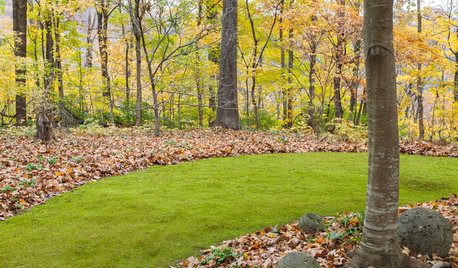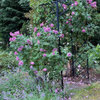Lime Sulphur...oh, dear
mkirkwag
19 years ago
Featured Answer
Sort by:Oldest
Comments (18)
JAYK
19 years agomkirkwag
19 years agoRelated Professionals
Ballwin Landscape Architects & Landscape Designers · Westwood Landscape Contractors · Brandon Landscape Contractors · Bristol Landscape Contractors · Eagle Landscape Contractors · Hilton Head Island Landscape Contractors · Milton Landscape Contractors · Painesville Landscape Contractors · Palatine Landscape Contractors · Rochester Landscape Contractors · Thornton Landscape Contractors · Tustin Landscape Contractors · Wentzville Landscape Contractors · West Orange Landscape Contractors · Westchester Landscape ContractorsJAYK
19 years agoShaneqld
19 years agokidhorn
19 years agoShaneqld
19 years agonewtie
19 years agoPaula_sfbay
19 years agoreg_pnw7
19 years agoDrHorticulture_
18 years agojillca
17 years agomossyhallow
16 years agomike_rivers
16 years agozuni
16 years agomkirkwag
16 years agovicursitti
16 years agomaydialblue
6 years ago
Related Stories

LANDSCAPE DESIGNMoss: Nature’s Carpet for the Garden
Learn how to grow and use this ancient and mysterious natural wonder for delightful texture in the landscape
Full Story
TREES11 Japanese Maples for Breathtaking Color and Form
With such a wide range to choose from, there’s a beautiful Japanese maple to suit almost any setting
Full Story
GREENColor Guide: How to Work With Chartreuse
As earthy or electric as you please, this yellow-green hue brings the zing or just freshness to homes from traditional to modern
Full Story
LIGHTINGMix Your Lamp Styles for Major Interest
Unpair those light fixtures for unrivaled personality and appeal. Here’s how to do it right
Full Story
KIDS’ SPACESA Place of His Own: Boy's First Bedroom
Colorful, creative, themed or not, boys' bedrooms like these encourage happy times
Full Story
KITCHEN DESIGN9 Questions to Ask When Planning a Kitchen Pantry
Avoid blunders and get the storage space and layout you need by asking these questions before you begin
Full Story
FUN HOUZZHouzz Quiz: What Color Should Your Front Door Be?
Think you’re hip enough for orange? Or optimistic enough for yellow? Take our front-door personality quiz and find out
Full Story
TASTEMAKERSPro Chefs Dish on Kitchens: Michael Symon Shares His Tastes
What does an Iron Chef go for in kitchen layout, appliances and lighting? Find out here
Full StoryMore Discussions












mkirkwagOriginal Author